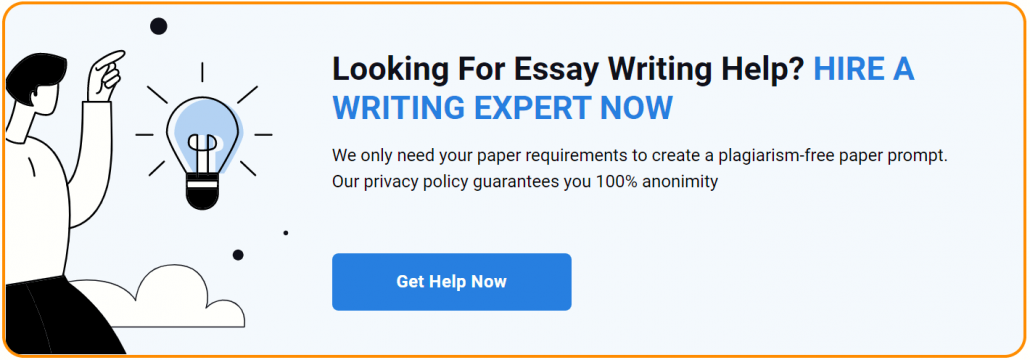Question 1: What are your plans for the future?
In reflecting on what I have learned over the past 8 weeks, my plans for the future revolve around utilizing my knowledge and skills to make a difference in healthcare policy. I have developed a strong understanding of the complexities and challenges within the healthcare system, and I want to be an advocate for positive change. My plan is to pursue further education and training in health policy and become actively involved in shaping healthcare policies at local, national, and international levels. I aim to contribute to the development of evidence-based policies that promote equitable access to quality healthcare for all individuals.
Question 2: Will you heed the call for action and join an organization like Nurses on Boards or become engaged with the National Nurse Campaign?
Yes, I will heed the call for action and consider joining an organization like Nurses on Boards or becoming engaged with the National Nurse Campaign. These organizations provide opportunities for nurses to have a voice in healthcare decision-making and policy development. By joining these organizations, I can contribute my unique perspective as a healthcare professional and advocate for the nursing profession as a whole. Active involvement in such organizations will allow me to collaborate with other healthcare professionals, share insights, and work towards advancing evidence-based policies that improve patient outcomes.
Question 3: Will you join a professional nursing organization?
Absolutely, I plan to join a professional nursing organization. Being part of a professional nursing organization provides numerous benefits, including opportunities for continuing education, networking, professional development, and access to resources and support within the nursing community. Additionally, these organizations play a crucial role in advocating for nursing and influencing policy decisions that affect the profession. By joining a professional nursing organization, I can stay updated on the latest trends and research in nursing, engage in meaningful discussions, and contribute to the advancement of the nursing profession.
Question 4: Do you have other ideas that would work to benefit your community or an organization that is important to you?
Yes, I have several ideas that would benefit my community and organizations that are important to me. One idea is to actively engage in community outreach programs to promote health education and preventive care. By collaborating with local healthcare providers and community organizations, we can organize health fairs, workshops, and campaigns to raise awareness about important health issues and provide resources to underserved populations.
Additionally, I believe that fostering interprofessional collaboration is essential for improving healthcare outcomes. Therefore, I would like to work towards establishing interdisciplinary committees or task forces that bring together healthcare professionals from different disciplines to address complex healthcare issues collaboratively.
Furthermore, supporting evidence-based practice is crucial for improving patient care. I plan to advocate for the integration of research findings into clinical practice and policy development, ensuring that healthcare decisions are grounded in the best available evidence.
Question 5: Share with the class what your plans are now that you have a new awareness of your abilities and capabilities to provide advocacy beyond the bedside.
Now that I have developed a new awareness of my abilities and capabilities to provide advocacy beyond the bedside, my plans involve actively seeking opportunities to contribute to healthcare policy development. I will continue to educate myself on policy issues and healthcare systems, ensuring that I stay informed and up-to-date. I will also seek mentorship and guidance from experienced policy experts to further enhance my understanding and skills in this field. By actively engaging in policy discussions, advocating for evidence-based practices, and collaborating with stakeholders, I aim to enact positive change in healthcare policies that align with the principles of equity, accessibility, and quality care for all.
Question 6: COMPOSE YOUR FINAL TWEET about this class (HEALTH POLICY). REMEMBER TO BE CONCISE.
“Health Policy class has been transformative, empowering me to advocate for equitable access to quality healthcare. Excited to contribute to positive change! #HealthPolicy #AdvocacyTransformation”
Sources:
1. Institute of Medicine (US) Committee on the Robert Wood Johnson Foundation Initiative on the Future of Nursing, at the Institute of Medicine. The Future of Nursing: Leading Change, Advancing Health. Washington (DC): National Academies Press (US); 2011.
2. Aiken, L. H., Sloane, D. M., Bruyneel, L., Van den Heede, K., Griffiths, P., Busse, R., … & Lindenbaum, C. (2014). Nurse staffing and education and hospital mortality in nine European countries: a retrospective observational study. The Lancet, 383(9931), 1824-1830.
3. World Health Organization. (2010). World Health Report 2010: Health systems financing: the path to universal coverage. World Health Organization.

